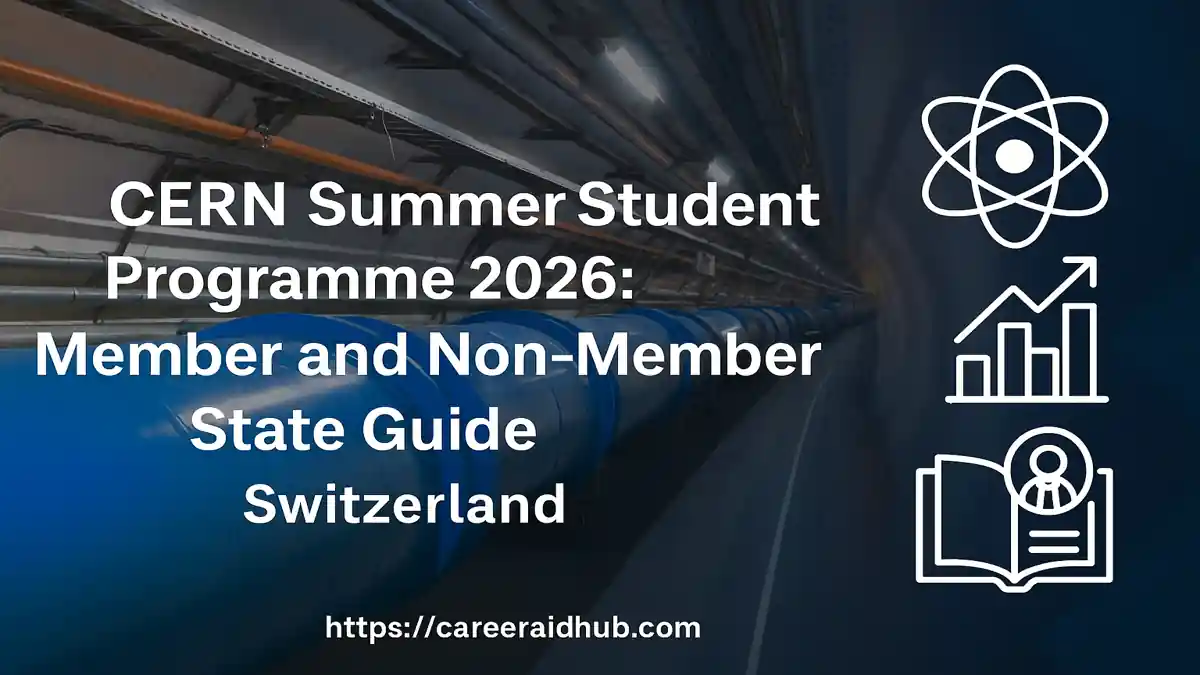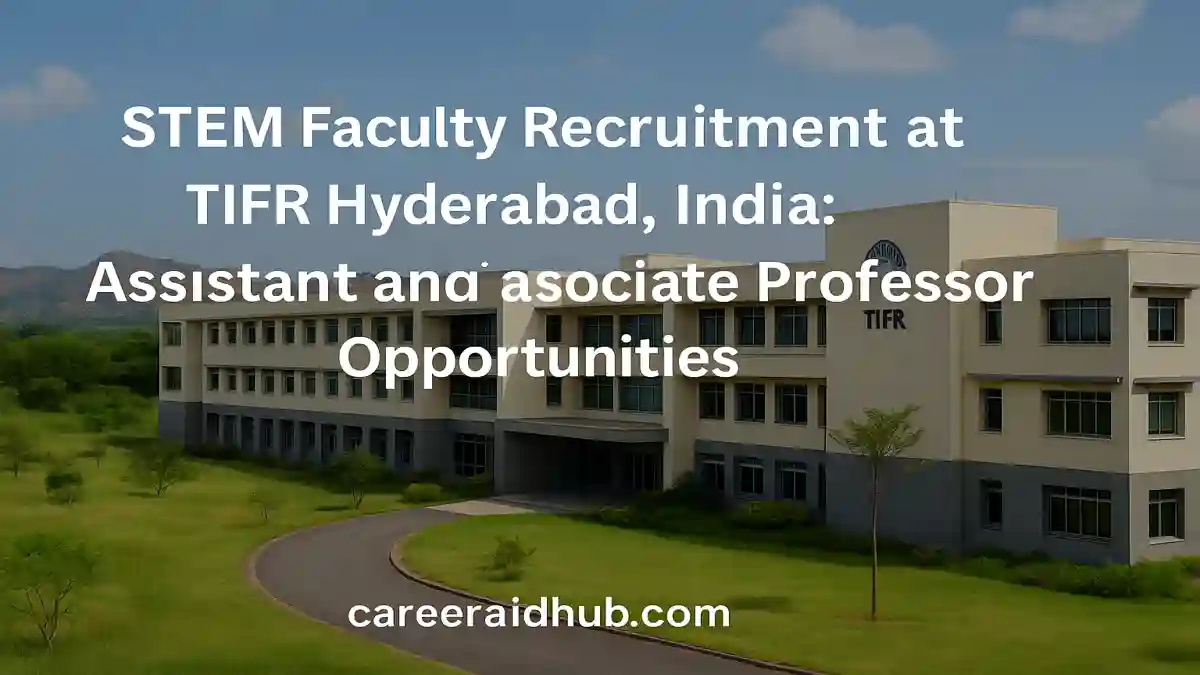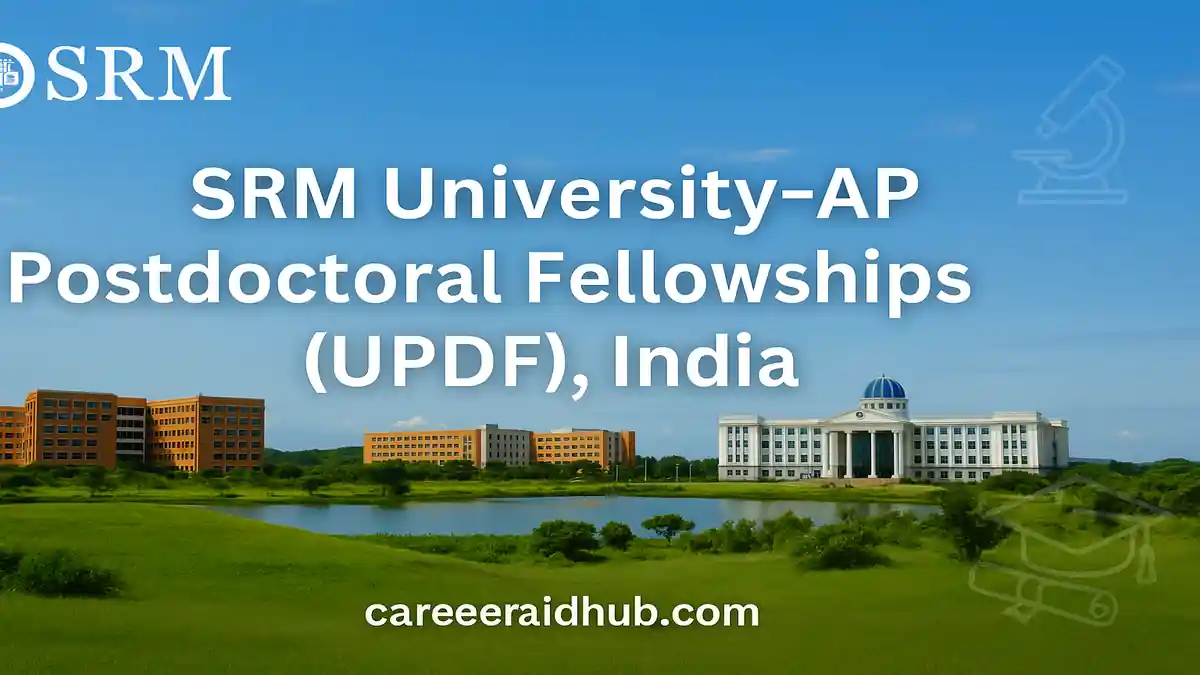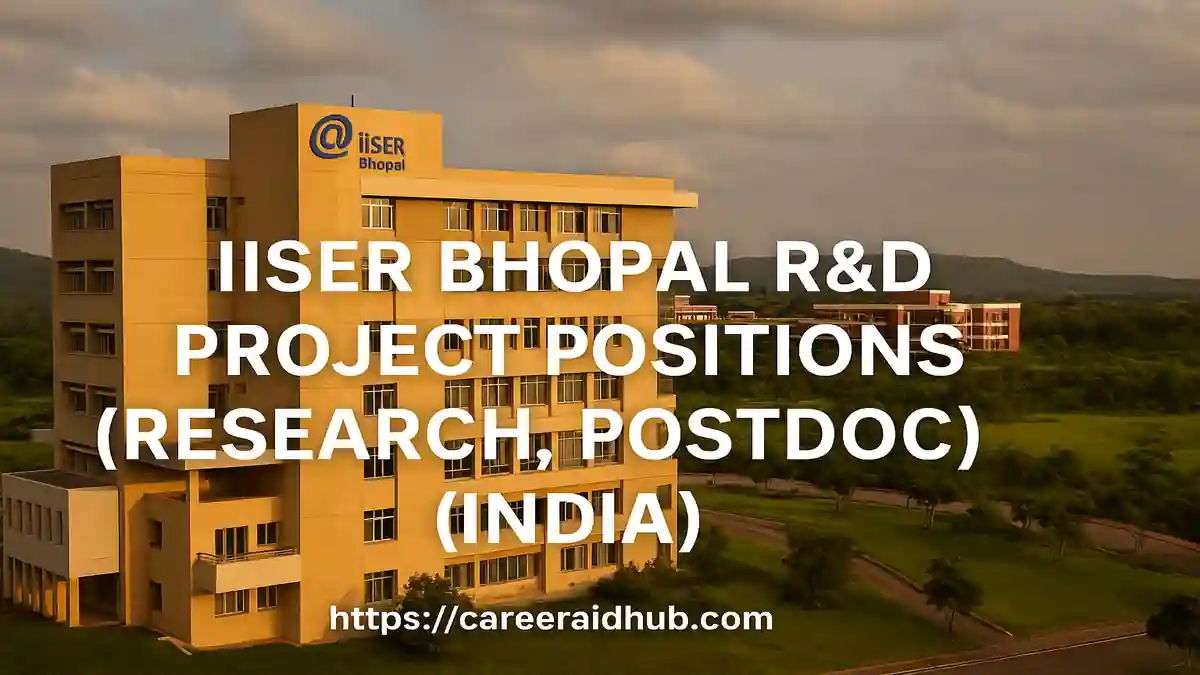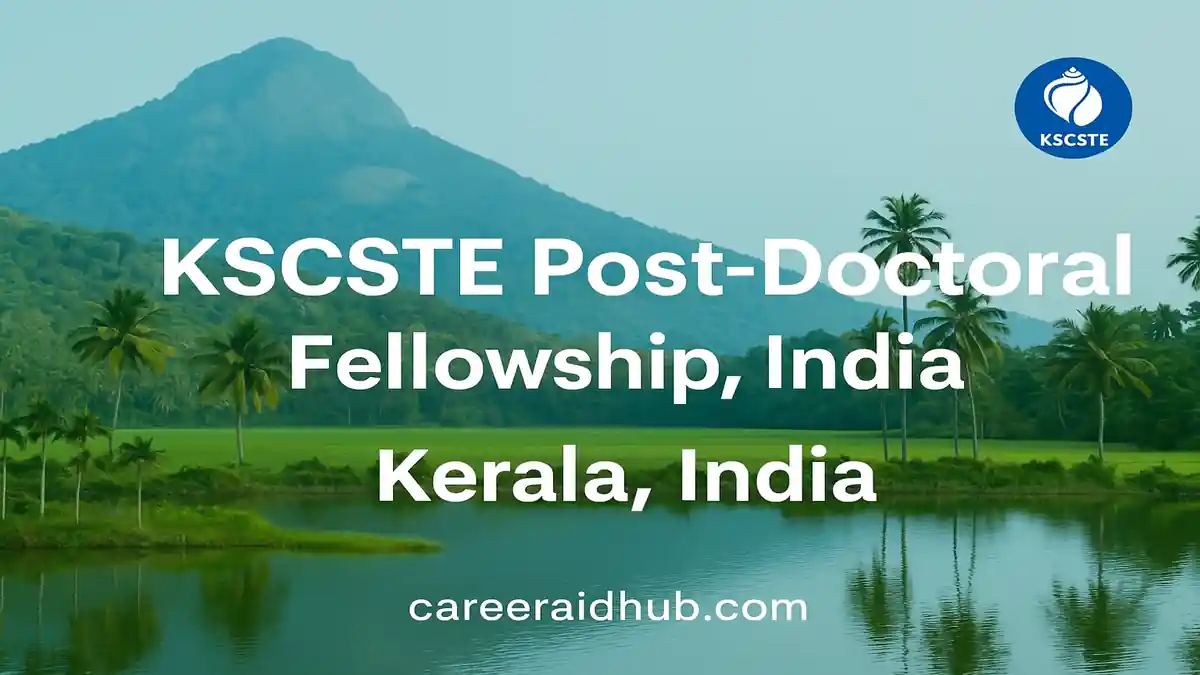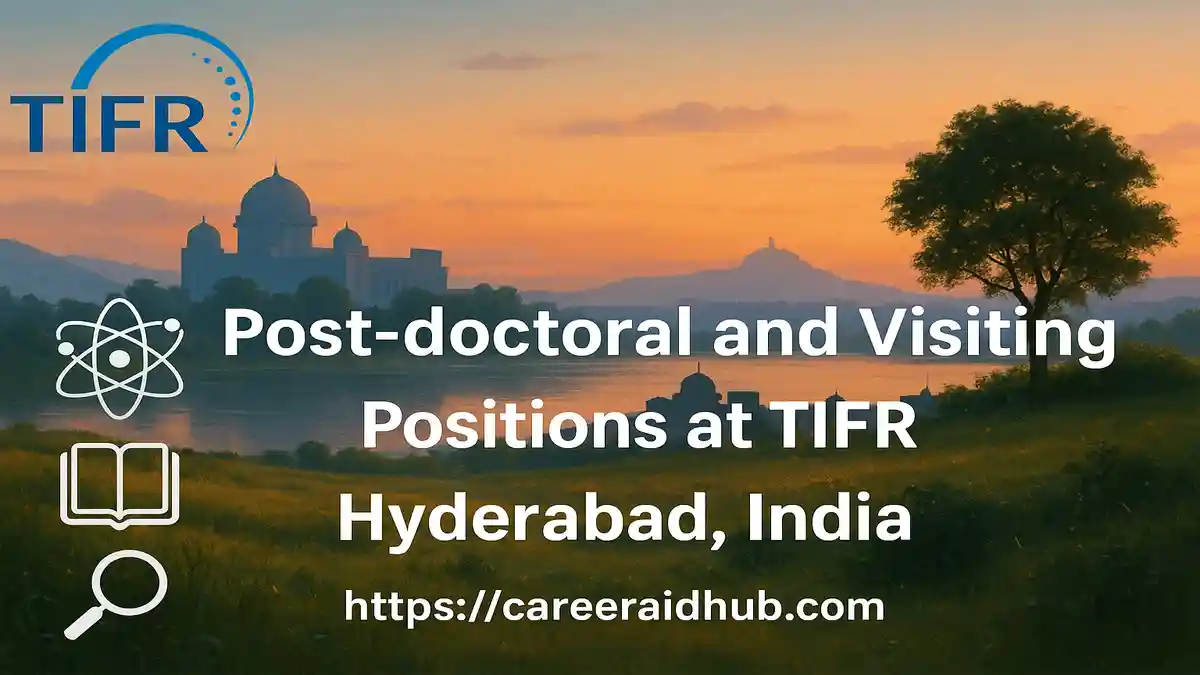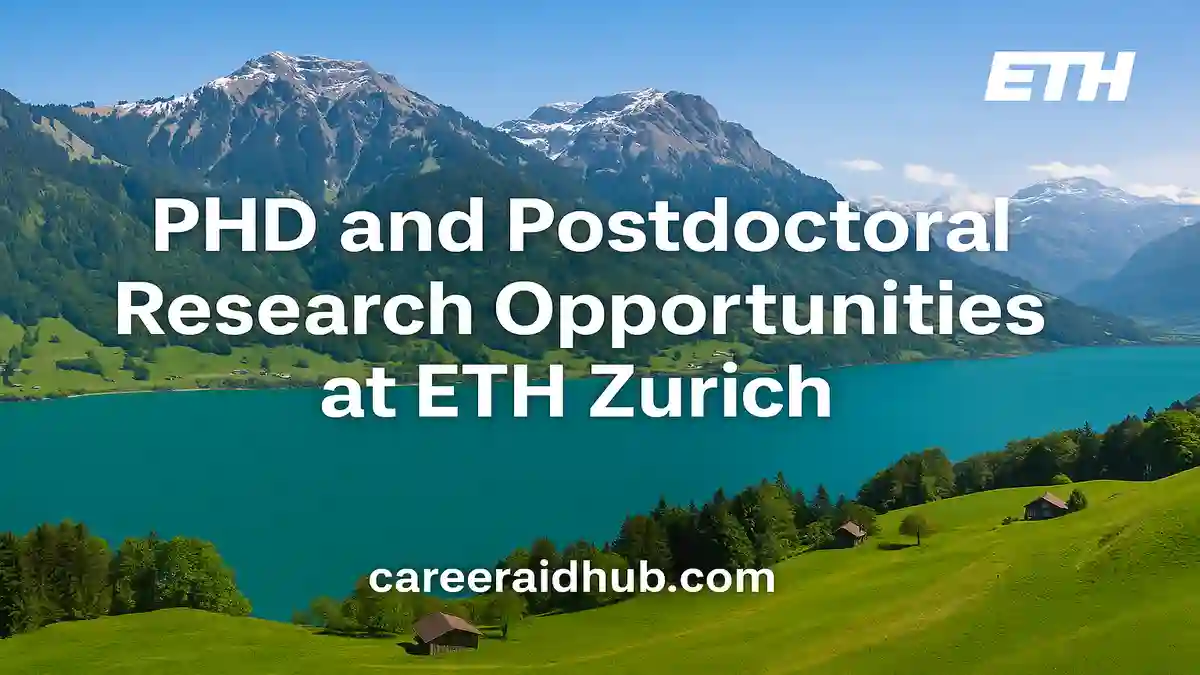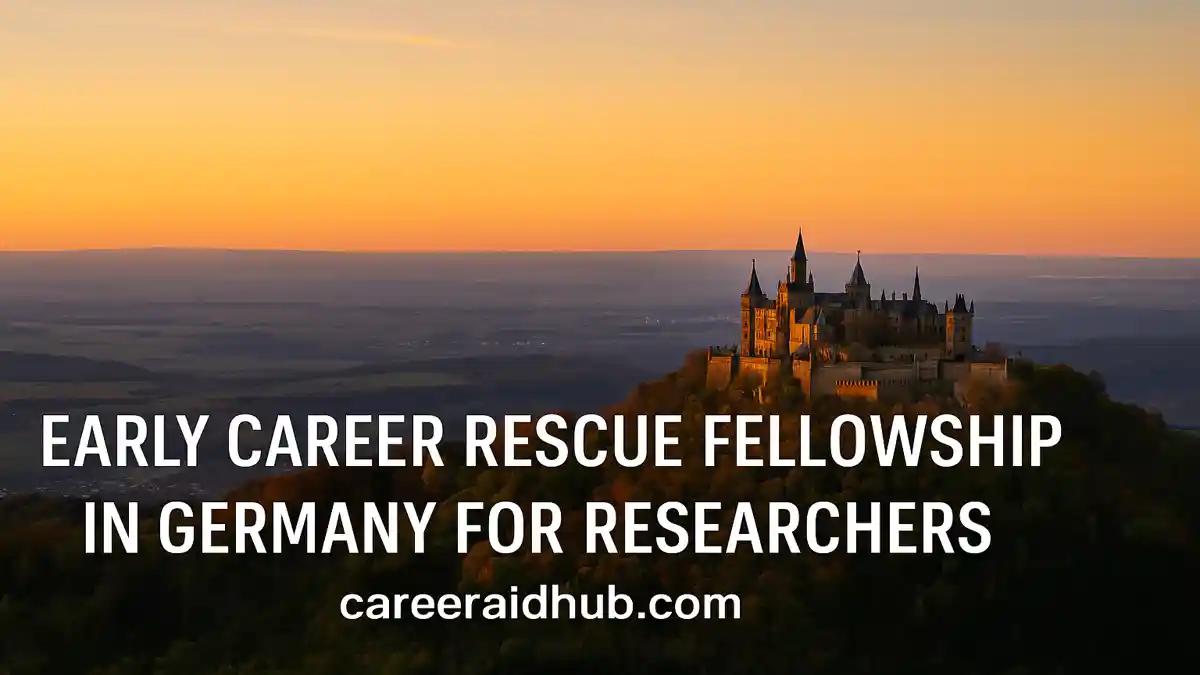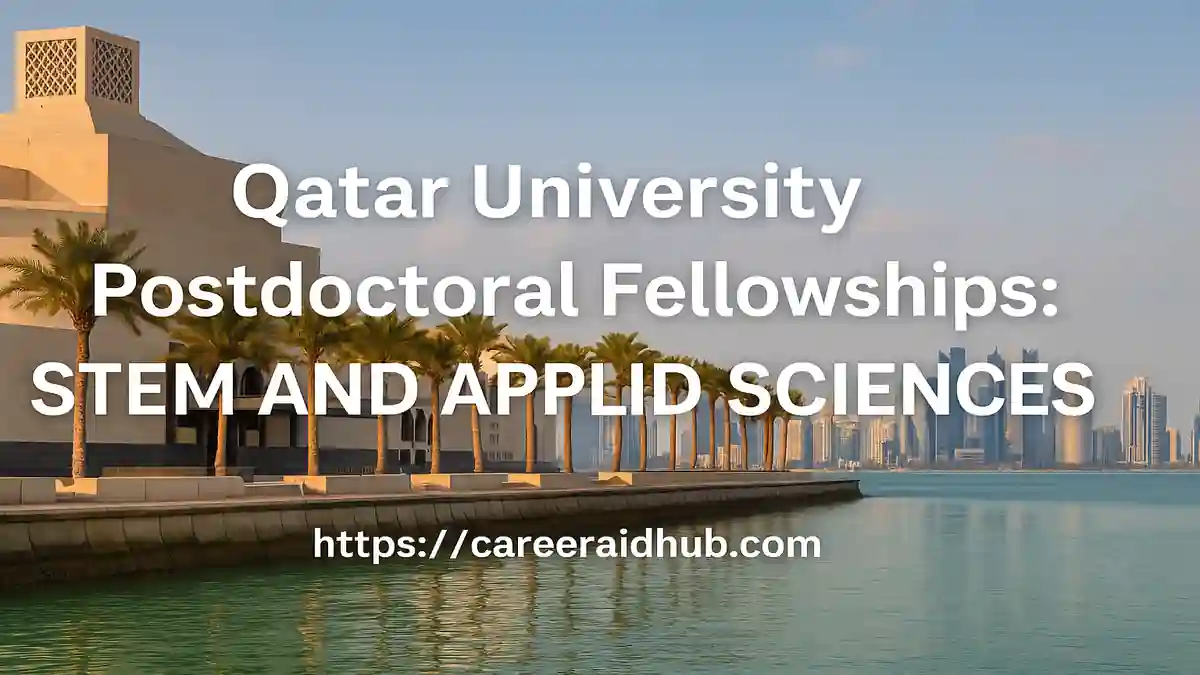What the Programme Offers
The TWAS–SISSA–Lincei Research Cooperation Visits Programme serves as a structured platform for scientific collaboration and skill enhancement. It aims to build long-term research capacity by supporting three-month research visits at leading institutions in Italy’s Friuli Venezia Giulia region (Trieste and Udine).
Advance your research career with the TWAS–SISSA–Lincei Research Cooperation Visits Programme, a prestigious opportunity for early-career scientists from Least Developed Countries (LDCs). This fully funded three-month visit to Italy’s renowned laboratories supports research aligned with the UN Sustainable Development Goals (SDGs) and fosters lasting international collaboration and scientific capacity.
Awardees are embedded in recognized Centres of Excellence to pursue targeted research projects or hands-on training that complements their home institution’s scientific priorities. The initiative is funded by the Italian Ministry of Foreign Affairs and International Cooperation (MAECI) and the Italian Agency for Development Cooperation (AICS) and administered by UNESCO–TWAS.
The programme covers international travel and living expenses, ensuring scholars can fully dedicate themselves to their project. A key requirement is that participants return to their home institutions after completion, applying the knowledge gained to strengthen local research capacity and foster sustainable scientific networks.
Who Should Apply
(Eligibility Snapshot)
This programme targets nationals of Least Developed Countries (LDCs) who already hold a research position in an institution located in an LDC. Applicants must have at least an MSc or equivalent degree in a field relevant to the programme.
Key Eligibility Criteria
-
- Applicants must be 40 years or younger at the time of application.
- Candidates must propose research aligned with sustainability science and UN SDGs.
- Applicants should not be residing in Italy during the time of application.
- Each candidate can submit only one application per calendar year to TWAS or OWSD programmes.
- Women scientists are strongly encouraged to apply.
The eligibility framework ensures equitable representation while emphasizing developmental impact through science diplomacy and capacity-building partnerships.
Where You Can Go (Host Institutions)
The programme allows participants to conduct their visit at a selection of world-class host institutions within Italy’s dynamic Trieste–Udine research ecosystem, such as:
-
- SISSA – Scuola Internazionale Superiore di Studi Avanzati
- ICGEB – International Centre for Genetic Engineering and Biotechnology
- INFN – National Institute for Nuclear Physics
- OGS – National Institute of Oceanography and Applied Geophysics
- University of Trieste
- University of Udine
- IOM-CNR – Materials Foundry (National Research Council)
- Area Science Park
- Elettra Sincrotrone Trieste
These centres collectively represent excellence across physics, neuroscience, mathematics, life sciences, oceanography, materials science, and energy engineering. Applicants should select
What You Can Study (Fields of Research)
Applications are restricted to specific scientific disciplines listed in the call for applications and the accompanying form.
Examples of Eligible Fields
-
- Physics: Astroparticle, theoretical, condensed matter, and statistical physics.
- Mathematics: Applied mathematics, geometry, and computational modeling.
- Neuroscience: Cognitive neuroscience, neuroinformatics, and functional genomics.
- Materials Science: Nanomaterials, photonics, and synchrotron radiation methods.
- Oceanography: Environmental monitoring and marine ecosystem modeling.
Regardless of field, proposals must demonstrate a clear connection to sustainability science, emphasizing measurable outcomes that contribute toward achieving SDGs.
What the Funding Covers and What It Expects
The TWAS–SISSA–Lincei programme provides comprehensive support covering:
-
- Round-trip international airfare from the participant’s home country to Italy.
- Subsistence allowance to cover living costs during the three-month stay.
- Access to research facilities and laboratory infrastructure at the host institution.
Obligations and Expectations
Participants must remain in Italy for the full three months and devote their efforts exclusively to the approved research project. The programme does not permit part-time participation or concurrent employment. After completion, fellows must return to their home institutions, ensuring the newly acquired
Application Timeline and Deadline
The call for applications is announced annually on the TWAS official website. Candidates should monitor updates carefully, as submission windows may vary.
-
- Next Cycle Expected: March (we will update soon).
- Applicants should begin contacting hosts and preparing documents at least two months before the anticipated deadline.
- All applications must be submitted electronically via email to [email protected] with completed forms and supporting documentation attached.
Early preparation significantly increases the likelihood of a successful and complete application.
How to Apply (Documents and Process)
Applications are accepted only in English. All forms must be signed and sent electronically with valid supporting documents.
Required Documents
-
- Completed Application Form (downloadable from the official page).
- Copy of Passport Bio Page (expired versions are acceptable).
- Comprehensive CV detailing education, research positions, and publications.
- Statement of Scientific Interests and Future Plans linking research to SDGs.
- Full List of Publications (no attached reprints).
- Degree Certificate (MSc or higher).
- Formal Invitation Letter from a host institution confirming facilities and supervision.
- Two Signed Reference Letters sent directly by referees to TWAS.
Selection Process
Applications undergo a merit-based review by an independent scientific committee. The selection
Practical Sequencing Tip
To streamline your preparation, TWAS recommends a four-step approach:
-
- Identify relevant host institutions and potential supervisors.
- Initiate email communication to discuss feasibility and alignment.
- Secure a formal invitation letter from your host.
- Submit your signed, complete application before the official deadline.
Following this workflow ensures that your proposal is both well-targeted and technically sound.
How to Choose Your Project and Supervisor
Your project must illustrate sustainability impact and scientific novelty. Begin by formulating a focused research question that directly addresses a development challenge. Then, align your proposed methods with the expertise and infrastructure of your chosen host.
Strategic Approach
- Clearly identify a knowledge gap at your home institution.
- Demonstrate how access to specific host facilities (e.g., beamlines, computational resources, or biolabs) will help bridge this gap.
- Emphasize expected outputs such as datasets, publications, or transferable protocols.
This targeted planning reflects maturity and ensures your research will deliver both academic and societal impact.
Strengthening Your Proposal: Five Actionable Tactics
-
- Align with Specific SDG Targets: Specify which SDG(s) your research supports and describe tangible outcomes.
- Highlight Host Capabilities: Reference facilities like Elettra’s synchrotron radiation lines or ICGEB’s bioengineering tools to show fit.
- Plan Post-Visit Outcomes: Include joint papers, workshops, or training sessions to demonstrate long-term impact.
- Show Resource Readiness: Mention co-funding or home-lab contributions to signal commitment and preparedness.
- Outline Risk Management: Briefly describe backup methods or datasets to ensure deliverables are achievable within three months.
What a Competitive CV Looks Like
A successful application requires a CV that reflects academic depth and applied experience.
-
- Prior publications in your proposed field demonstrate scholarly rigor.
- Experience with advanced instrumentation or analytical techniques indicates technical competence.
- Mentorship and teaching roles at your home institution show commitment to capacity building.
- Pre-application communication with potential supervisors strengthens credibility.
This blend of research productivity, mentorship, and collaboration readiness enhances your competitiveness.
Common Pitfalls to Avoid
-
- Unclear SDG Relevance: Avoid vague sustainability claims; link directly to measurable goals.
- Generic Host Requests: Contact specific supervisors with well-defined project concepts.
- Incomplete Documentation: Missing signatures or reference letters may disqualify your submission.
- Overly Ambitious Goals: Focus on deliverables achievable within three months.
Attention to these common mistakes greatly improves your chances of selection.
Final Checks Before You Submit
-
- Confirm your eligibility (LDC nationality, age limit, and employment status).
- Ensure your research topic aligns with sustainability science and listed fields.
- Verify your invitation letter specifies duration and facilities.
- Review every document for signatures and accuracy.
- Submit only to the official TWAS address before the deadline.
Key Takeaways
-
- Fully funded, three-month research stay in Trieste–Udine Centres of Excellence.
- Open exclusively to LDC nationals under 40 holding an MSc or higher.
- Strong focus on sustainability science, capacity building, and collaborative research.
- Selection is based on merit, host alignment, and post-visit impact.
- Prepare early: secure your host, finalize your documents, and apply confidently.
Programme Summary
|
Feature |
Details |
|
Program Name |
TWAS–SISSA–Lincei Research Cooperation Visits Programme |
|
Host Country |
|
|
Funded By |
Italian Ministry of Foreign Affairs and International Cooperation (MAECI) and AICS through UNESCO–TWAS |
|
Duration |
Three months |
|
Study Mode |
Full-time (On-site) |
|
Eligibility |
Nationals of LDCs, ≤40 years, MSc+ degree, employed in LDC research institution |
|
Financial Support |
International travel, living allowance, and research facility access |
|
Fields of Study |
Physics, Neuroscience, Mathematics, Life Sciences, Materials Science, Oceanography |
|
Deadline |
17 November 2025 |
|
Official Website |
Conclusion
The TWAS–SISSA–Lincei Research Cooperation Visits Programme represents an invaluable opportunity for early-career scientists to advance their expertise, collaborate globally, and contribute directly to sustainable development. By integrating scientific rigor with applied relevance, the fellowship strengthens both individual capability and institutional capacity across the Global South.
Review & Update Schedule
To maintain accuracy and search relevance, review this article every quarter (January, April, July, October) and update immediately after any new call or eligibility change is announced by TWAS.
References: SISSA Official Website: https://www.sissa.it
Call to Action:
Prepare early, identify your ideal host institution, and align your research with the SDGs. A well-crafted proposal and timely submission can set the foundation for meaningful international collaboration and long-term scientific impact.
Frequently Asked Questions (FAQs)
Eligible applicants are LDC nationals employed at LDC research institutions with an MSc or higher. Moreover, they must satisfy age, field, and host requirements.
The programme supports a full-time, on-site visit of three months. Additionally, fellows must focus exclusively on the approved project during the stay.
Fields include physics, mathematics, neuroscience, life sciences, materials science, and oceanography. Furthermore, proposed topics should align with sustainability science and SDG outcomes.
Yes. It funds international travel and provides a subsistence allowance. Consequently, researchers can concentrate on experiments, training, and collaboration without financial distraction.
No. Applicants must apply from outside Italy. Instead, secure a host invitation first, then submit the complete application from your home country.
First, match your methods and objectives to host capabilities. Then, email potential supervisors, confirm feasibility, and obtain a formal invitation letter before submission.
Provide a tailored research plan, full CV, degree certificate, passport copy, invitation letter, and two signed references. Moreover, show clear SDG relevance and feasible three-month milestones.
Calls typically post annually. Therefore, monitor the official page, prepare documents early, and coordinate references and host confirmation well before the deadline.
No. You may apply to only one TWAS or OWSD programme per calendar year. Consequently, prioritize the best-fitting opportunity for your goals.
Premium Mentorship for a Stronger Application
- Premium Mentorship: personalised 1:1 guidance for this and similar opportunities
- In-depth review of your CV, academic profile, and key statements
- Aligned with international selection criteria so your profile matches what panels expect
- Stronger, more compelling narrative for highly competitive calls
- Step-by-step support from opportunity mapping to final submission (fee-based)


